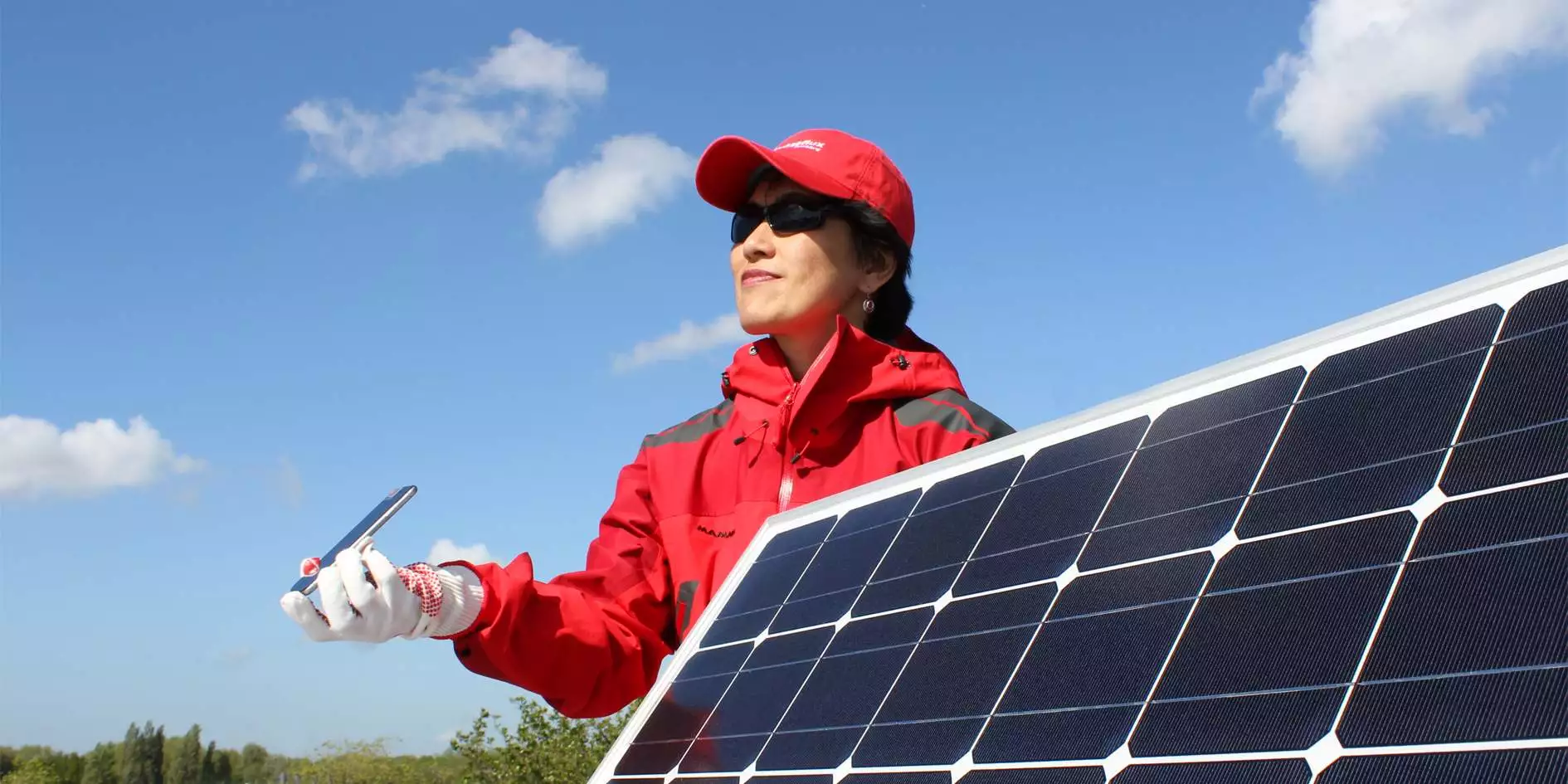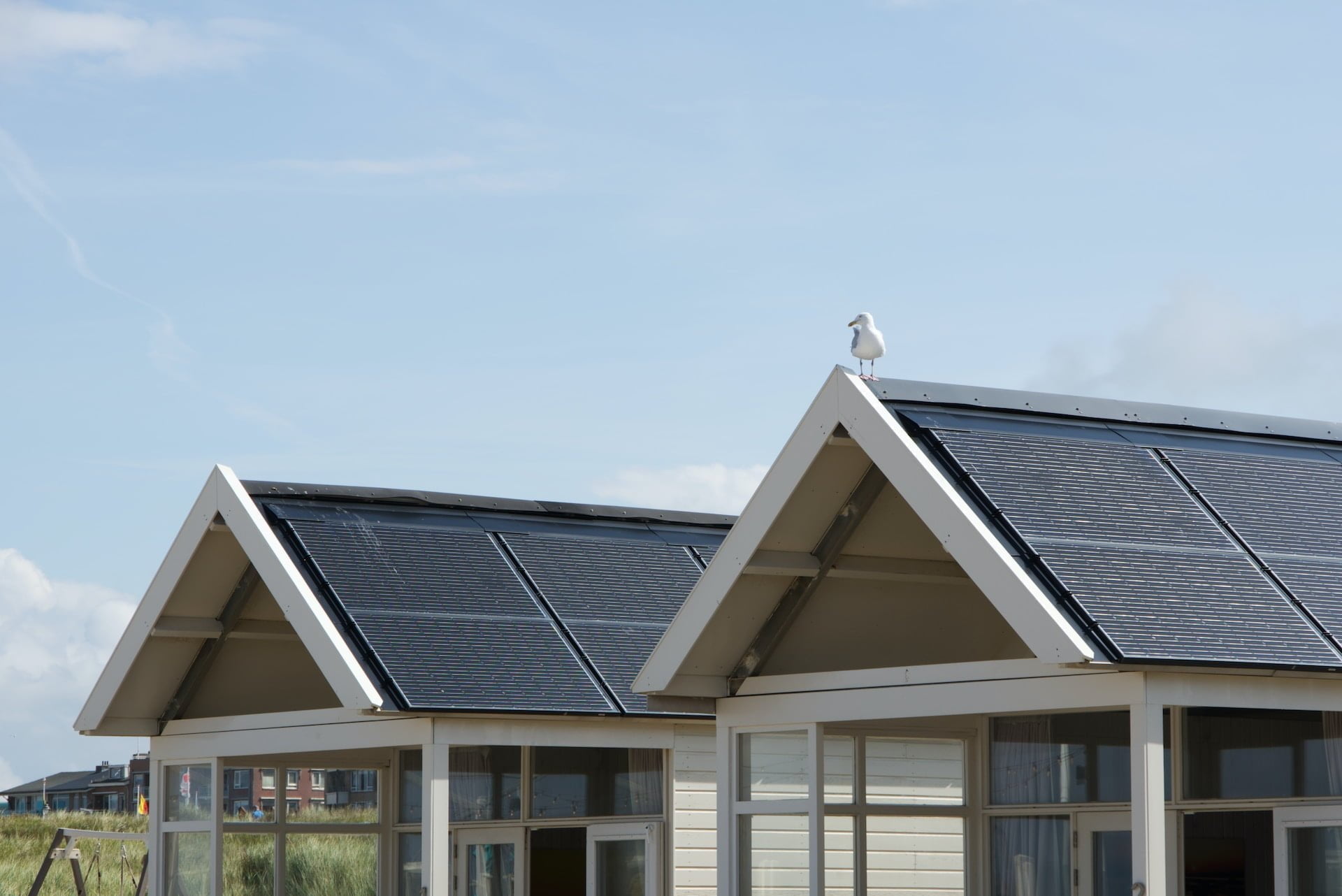The Financial Benefits of Switching to Solar Energy: A Comprehensive Guide
Introduction
Transitioning to solar energy is not only a green choice; it’s also a financially prudent move. In the wake of global climate change, renewable energy sources like solar power have gained considerable attention, not only for their environmental benefits but also for their potential to save money in the long run. This comprehensive guide will explore the various financial benefits of switching to solar energy, along with some practical examples and expert insights.
Understanding the Basics of Solar Power
Solar power harnesses the sun’s energy and transforms it into electricity for our everyday needs. Solar panels (photovoltaic cells) absorb sunlight, converting solar energy into direct current (DC) electricity. This DC electricity is then converted to alternating current (AC) electricity, which powers your home or business.
The effectiveness and accuracy of the solar energy conversion process largely depend on the quality of the solar panels and the precision of instruments such as solar radiometers and pyranometers, which measure the amount of solar radiation incident on a surface. High-quality products like those from Hukseflux ensure optimal solar energy capture and conversion, maximizing your solar installation’s performance and returns.

The Direct Financial Benefits of Solar Power
- Lower Energy BillsThe most direct financial benefit of solar energy is a substantial reduction in energy bills. Once your solar system is up and running, it will generate ‘free’ energy for your use. Consequently, you will draw less energy from the grid, leading to significant savings. Depending on your location, solar energy production, and energy consumption, these savings can offset the cost of the solar system over time.
- Net Metering and Selling Excess EnergyMany states and countries have ‘net metering’ policies, where homeowners can sell excess energy generated by their solar panels back to the grid. Essentially, your electricity meter will run backward when your system is generating more electricity than you’re consuming, earning you credits or even cash.
- Solar Investment Tax CreditsTo encourage renewable energy adoption, many governments offer solar investment tax credits. For instance, in the United States, the federal government provides a tax credit for solar energy systems installed at residences and businesses. These incentives can significantly reduce the initial cost of installing a solar energy system.
Indirect Financial Benefits of Solar Power
- Increase in Property ValueHomes equipped with solar energy systems are often valued and sold at higher prices than comparable homes without solar, making solar power a savvy investment. Studies have shown that homebuyers are willing to pay a premium for homes with solar installations.
- Energy Independence and Price StabilityBy producing your own energy, you’re less affected by the fluctuating costs of energy from traditional sources. Solar power provides significant price stability and shields you from unexpected spikes in energy prices.
- Job Creation and Economic GrowthWhile not a direct saving, the rise of solar energy has led to significant job creation in the renewable energy sector. According to the International Renewable Energy Agency, the solar industry could support up to 22.5 million jobs by 2050, contributing substantially to global economic growth.

The Cost of Solar Power Systems and Return on Investment (ROI)
While solar power systems involve an initial investment, falling costs and financing options have made them more accessible than ever. The cost of solar panels has dropped significantly over the years due to technological advancements and increased market competition.
Once you consider the energy savings, potential earnings from selling excess power, and tax credits, you’ll find that your solar power system could pay for itself over time. This period, known as the ‘payback period’, varies depending on your system’s cost, energy rates, and solar energy production.

Conclusion
Solar energy offers a promising way to reduce energy costs, save money, and invest in a sustainable future. With the benefits of lower energy bills, potential earnings from net metering, tax credits, and increased property values, the financial case for solar energy is stronger than ever. Quality equipment from companies like Hukseflux ensures that you’re making the most of your solar installation, maximizing its efficiency, and thus, your financial returns. In the long run, solar energy is not just an environmentally responsible decision, but also a sound financial investment.
Related Article
Stay up to date with the industry.
